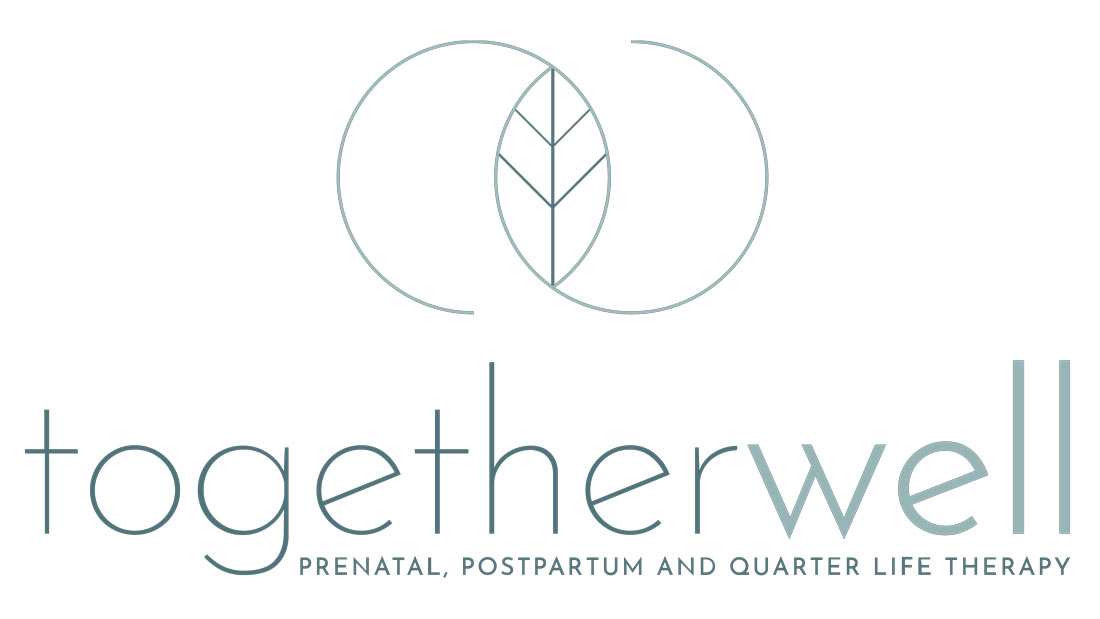The perinatal period is often a time when women feel more acutely aware of how the health of their body impacts the health of their baby. This can mean paying more attention to nutrition, exercise and stress, and avoiding potential risks when possible. But what if you are emotionally suffering and want to know more about the potential risks and benefits of psychiatric medication? Decisions around mental health medications can feel complicated, confusing, scary and overwhelming.
In an effort to protect your pregnancy and baby, well-meaning providers often tell women with mood disorders to stop taking their mental health medication or to wait until after pregnancy to start taking a new one – which can leave women feeling conflicted and emotionally vulnerable during a time of huge adjustment.
Balancing your mental health needs and having a healthy baby, is not only optimal but also very achievable. Here are some things to know and consider as you make a decision that is right for you and your baby:
You Are a Good Mother
No matter what your decision ends up being around medication use, you are a good mother. Reading this blog article is proof that you are doing the best you can to seek out answers and to protect your baby. While data shows that 1 in 8 women are diagnosed as having clinical anxiety and/or depression during the perinatal period, I suspect that the number is higher due to the surrounding shame and stigma which lead to underreporting and, for some, a lack of access to meaningful perinatal screening. Prioritizing your mental health shows how committed you are to being the best parent you can be and will model for your child the importance of self-care and self-worth as they grow up.
Share Your Concerns with your Doctor
Talk about your concerns and questions with your Obstetrician, who is often knowledgeable about the use of medication during pregnancy and the postpartum period. They are also aware of the risks that untreated anxiety and depression can have on a woman and her baby and can help you think through some of the benefits and risks of mental health medication.
Ask for a Perinatal Specialist Referral
If you still feel unsure, it can be helpful to ask your therapist or doctor to refer you to a Reproductive Psychiatrist who has specialized training in prescribing medication during the perinatal period. Reproductive Psychiatrists not only have a lot of experience with the perinatal population but are required to keep up with new data regarding the safety and efficacy of medication use during pregnancy and breastfeeding.
Start or Continue Psychotherapy
If you are already engaged in therapy, talk with your therapist about your fears and decision-making strategies in regard to your symptoms and medication. If you are not currently in therapy, I highly recommend asking for a recommendation from your Obgyn or Pediatrician for a therapist who has specialized training in perinatal mental health. No matter what you decide related to medication, it can be really helpful to have someone help you work through your fears and to support you in finding useful coping strategies.
Find Reliable Sources of Information
Often times, blindly googling can lead to misinformation, confusion or even trigger new fears (and who needs those!). Finding reputable sites that you can count on for reliable information can give you the information you need to make whatever decision is right for you and your baby.

